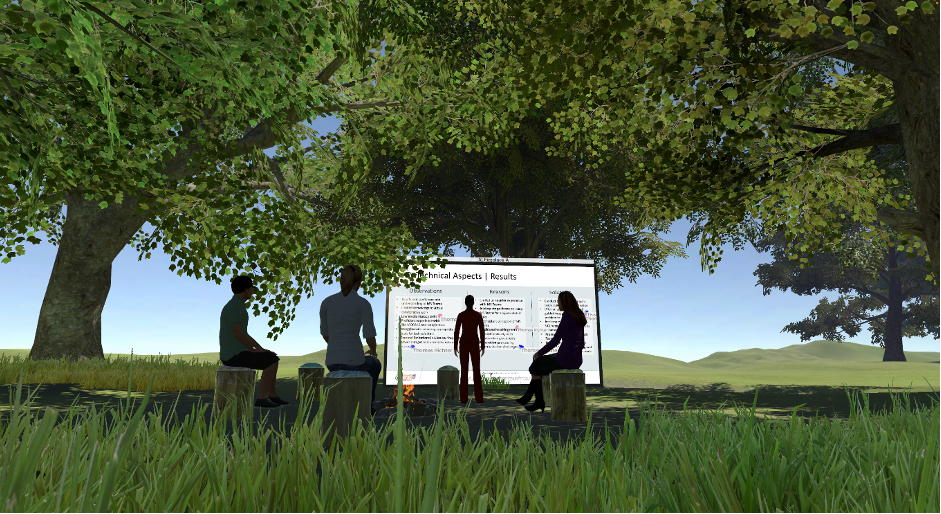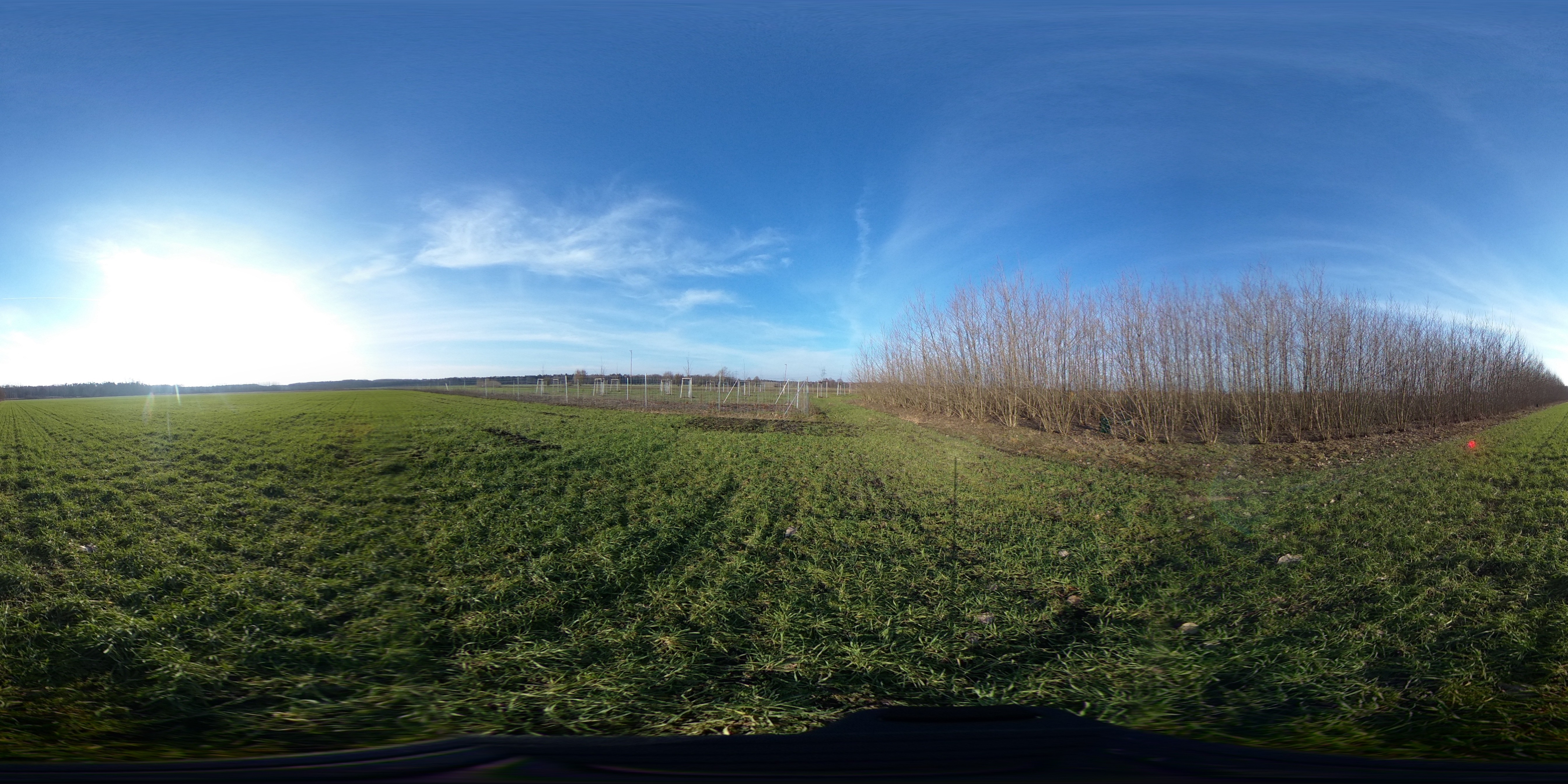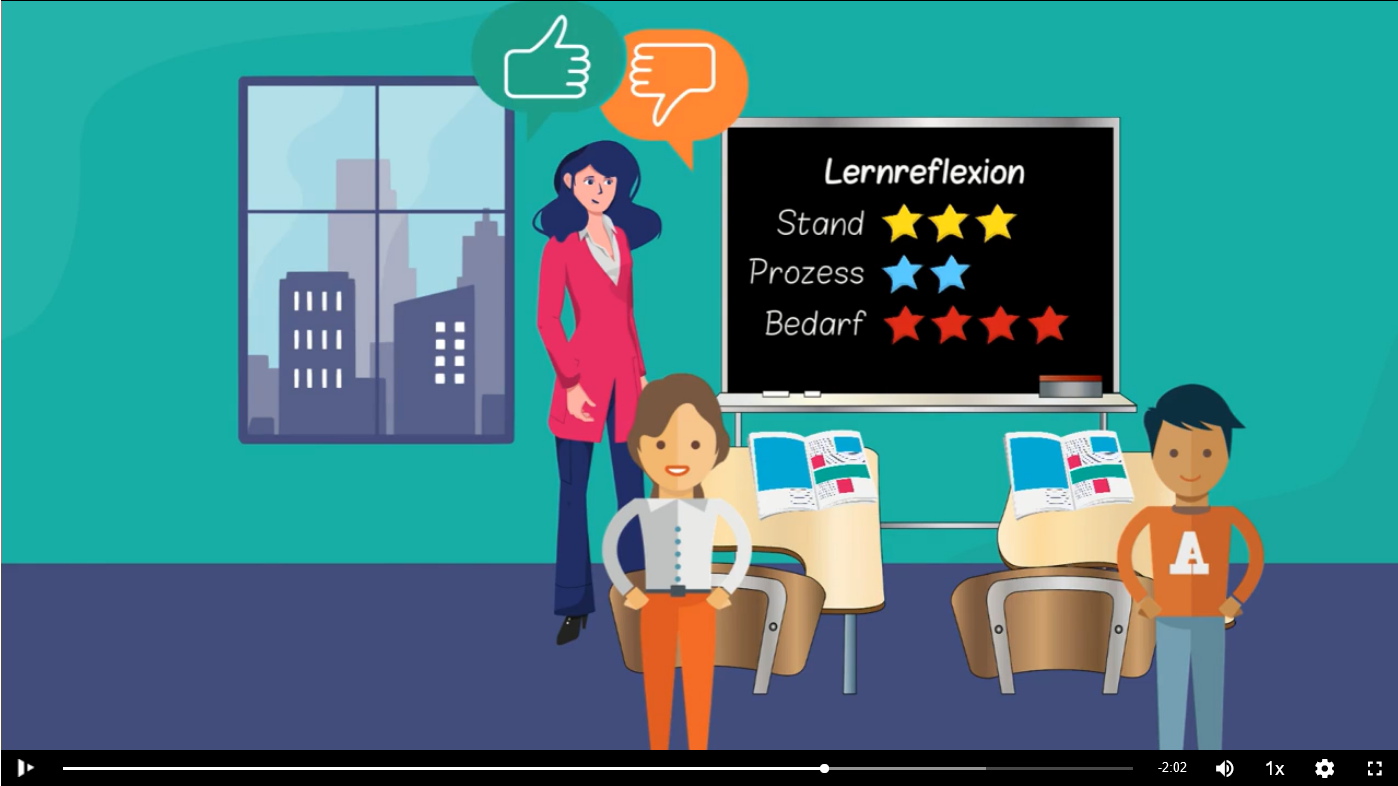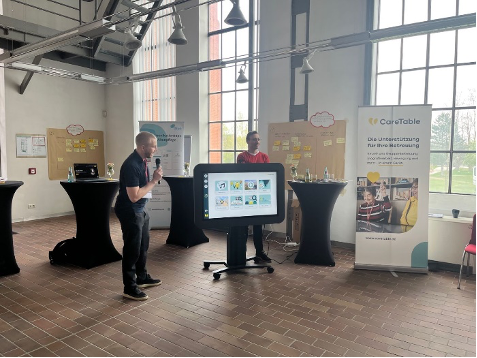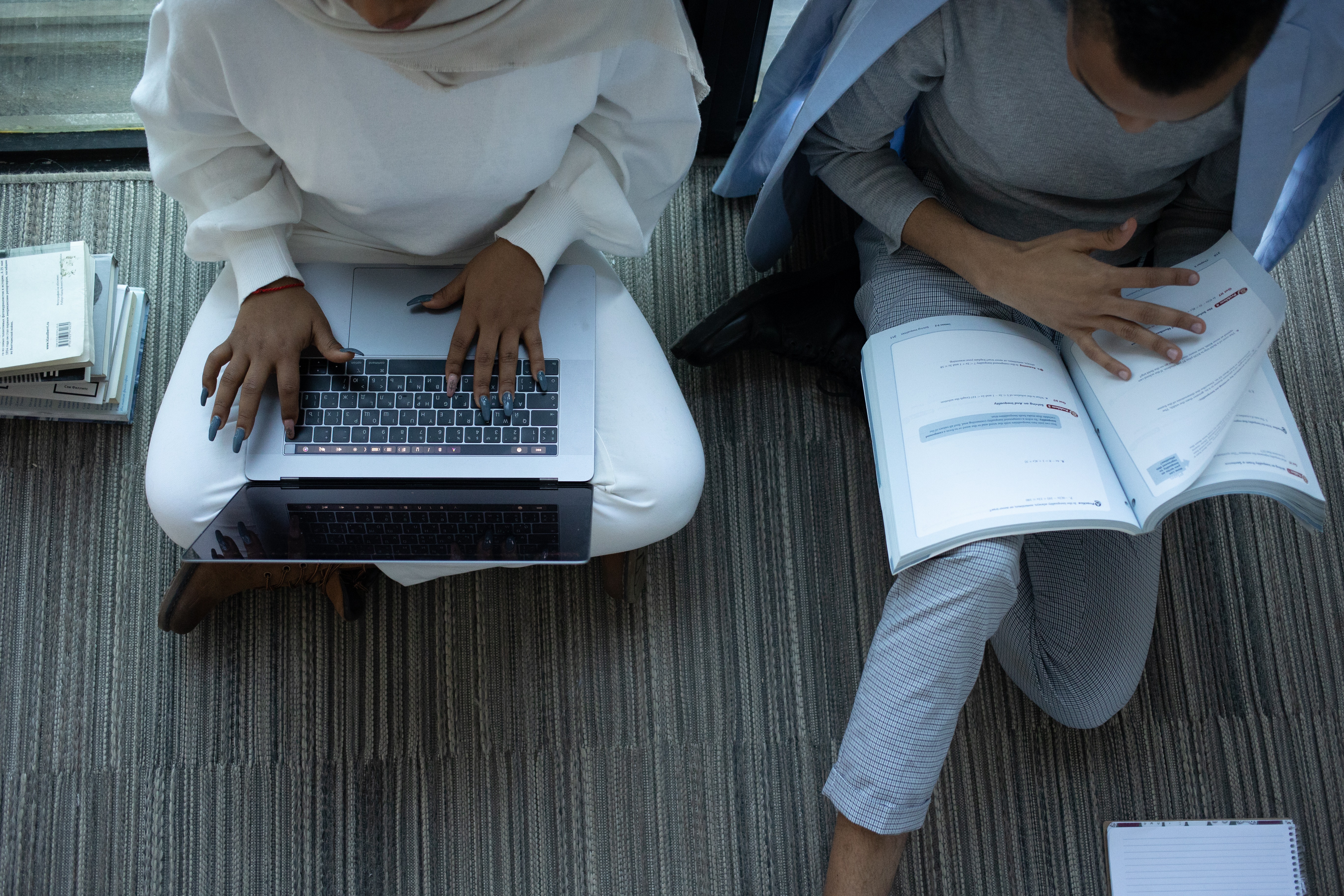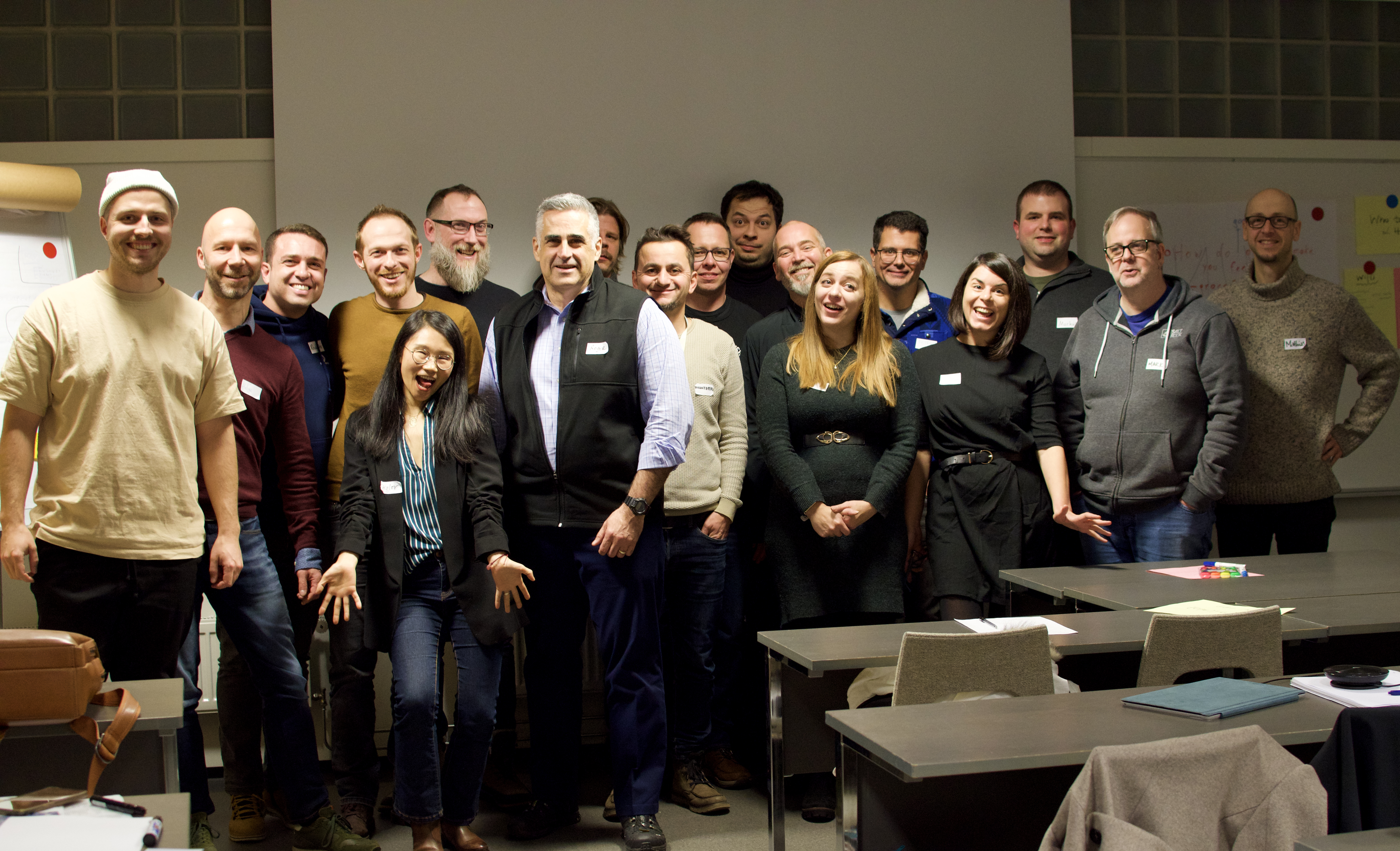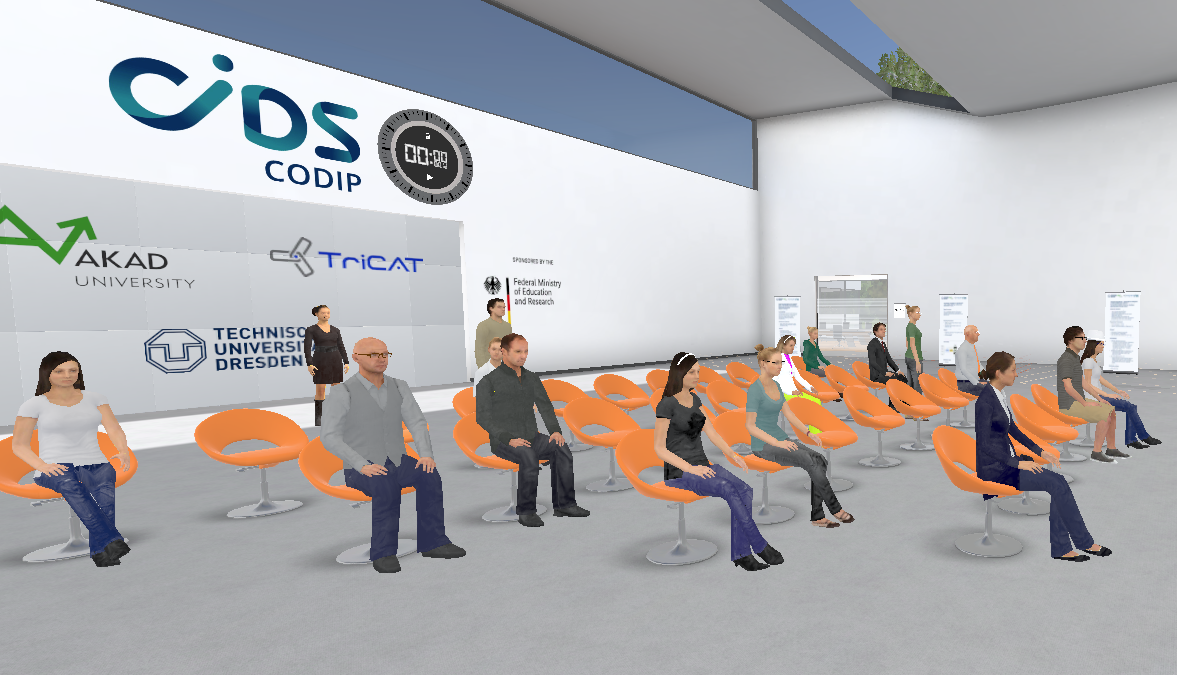Meetings in virtual space: Review of the GeNeMe pre-conference
This year, participants in the annual conference of the Communities in New Media (GeNeMe) were able to enjoy a real novelty: The pre-conference on September 13, 2023 was held for the first time as a "didactic double-decker". Under the title "Building bridges or creating barriers? Participation and exclusion through virtual reality in education and society", the application of virtual reality in the context of...

